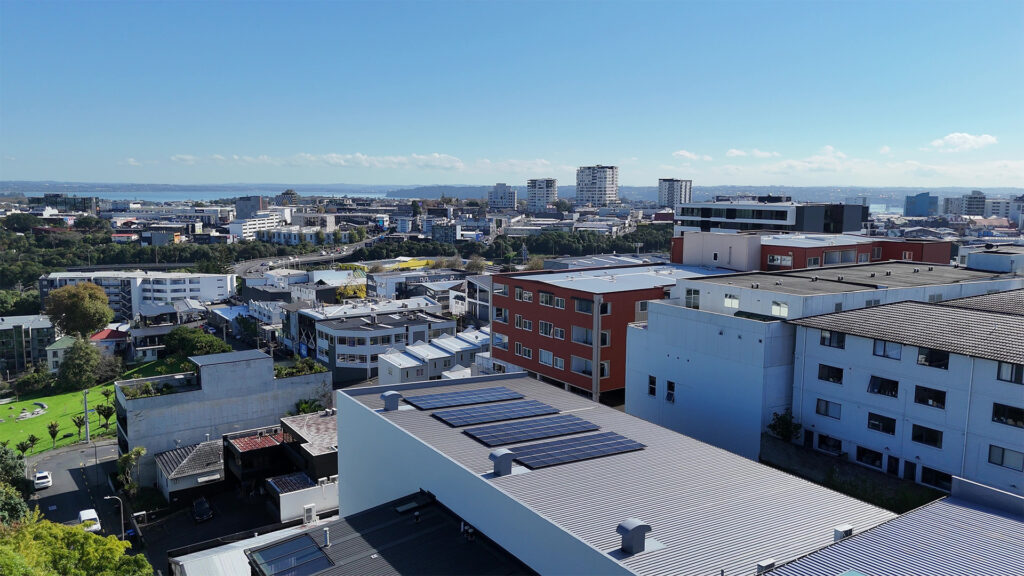
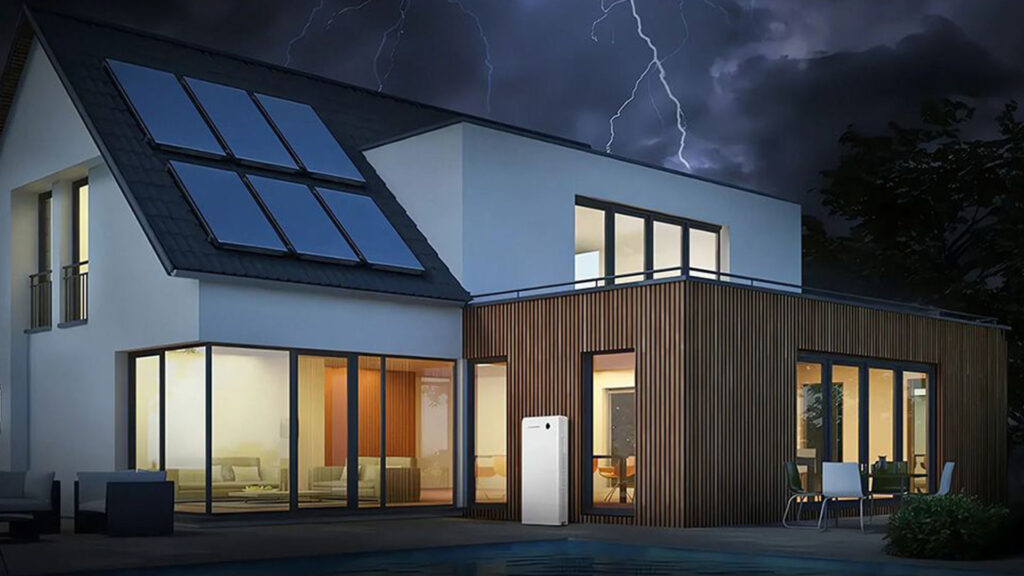


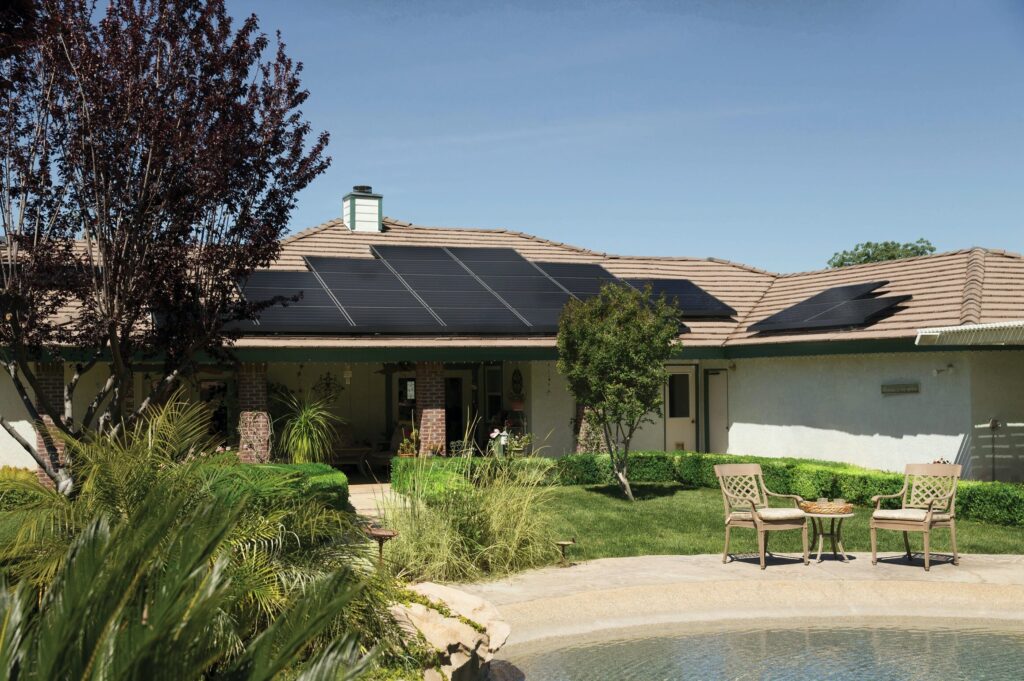
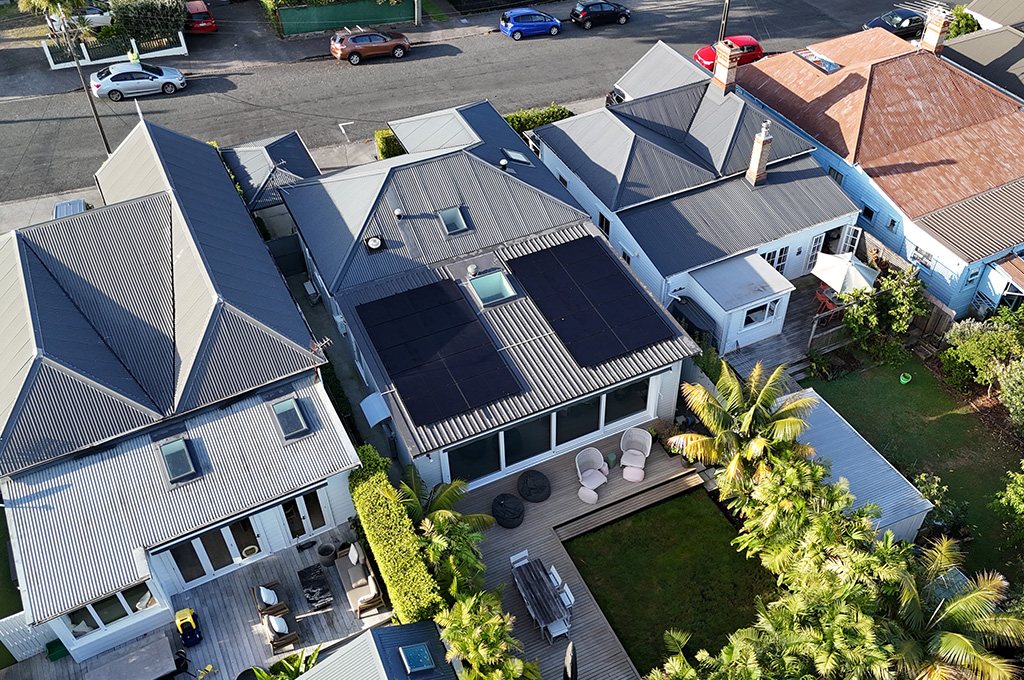

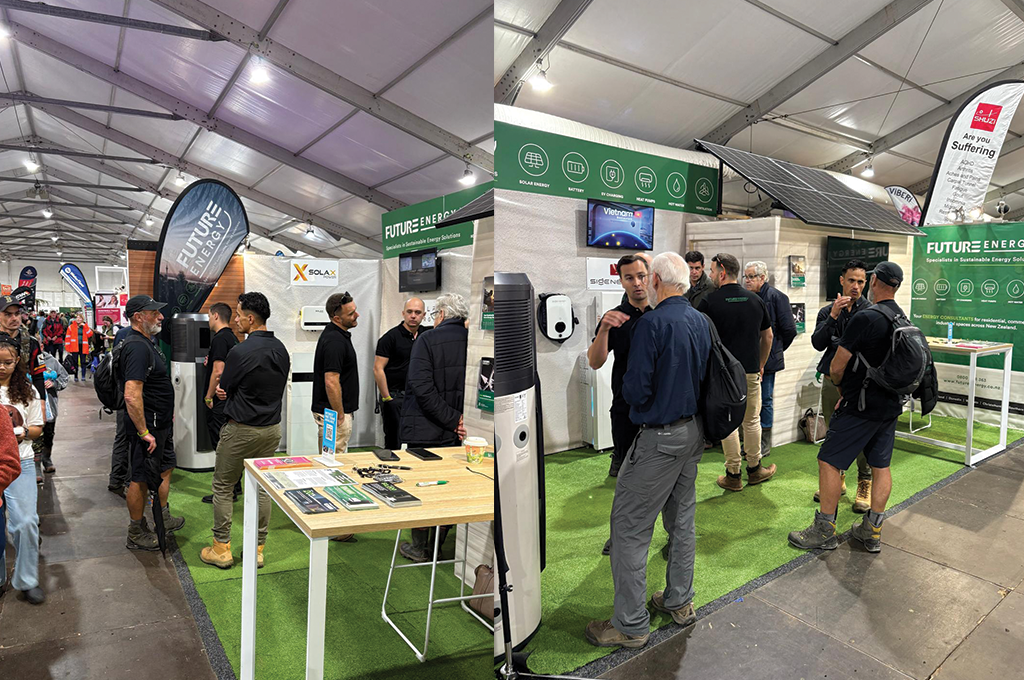

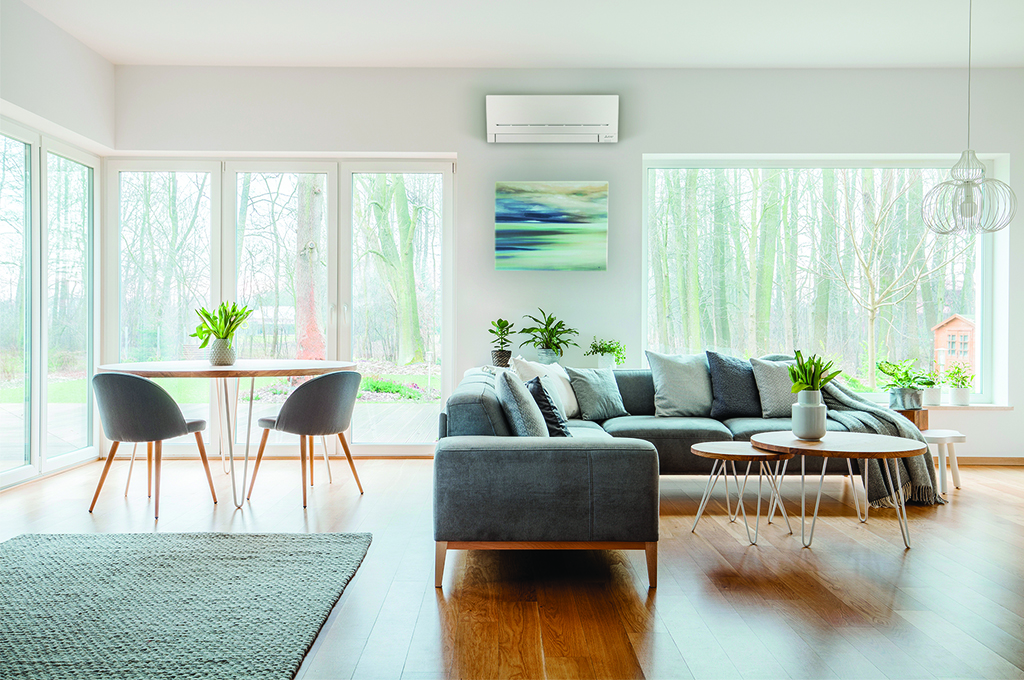

What Makes Hot Water Heat Pumps So Efficient? Hot water heat pumps are one of the most energy efficient ways to heat water.

Understanding the benefits Bring your team on the journey Transitioning to electric vehicles isn’t just a technical shift – it’s a people focused

As Future Energy continues to grow and expand our services across Aotearoa, connecting with the communities we serve has never been more important.
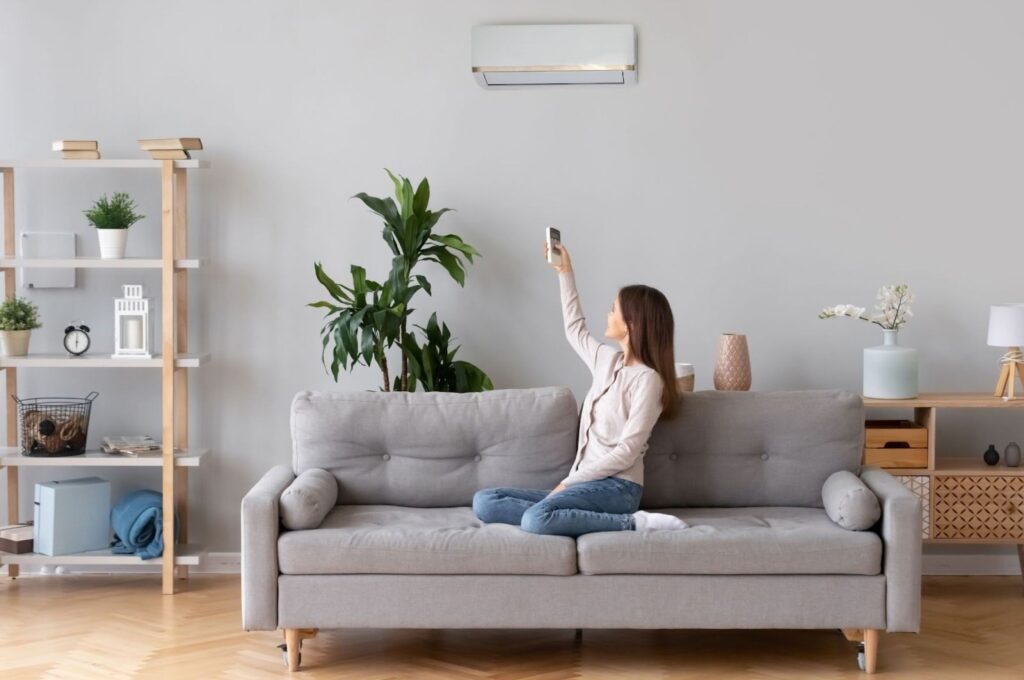
Home Ventilation System Home ventilation systems are purposefully designed to improve air quality and enable a healthy home environment. A high quality home
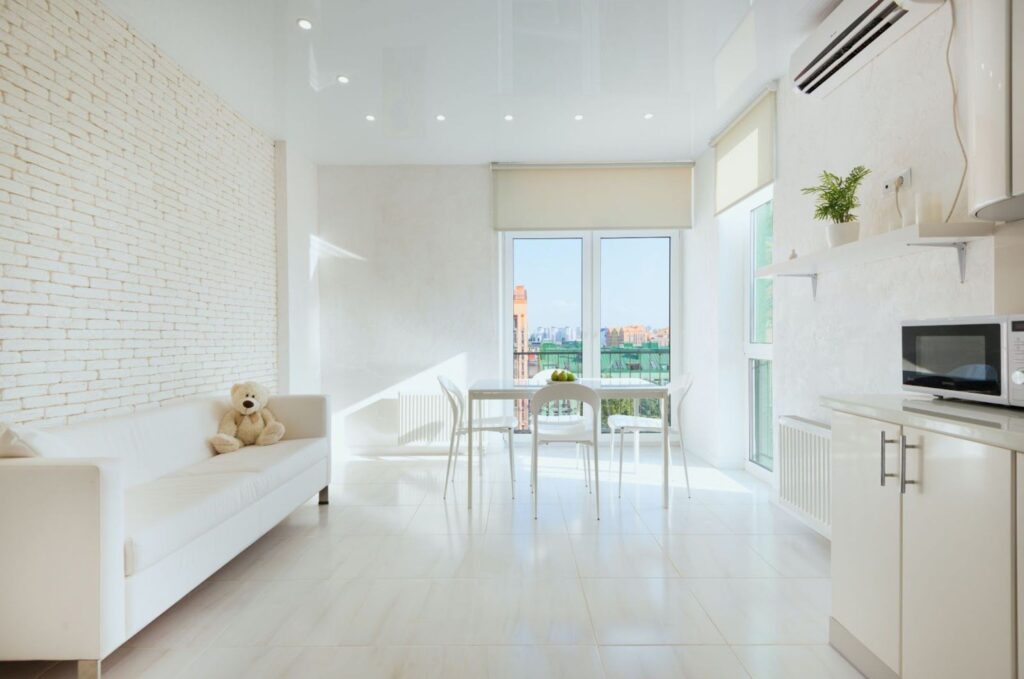
A high wall air conditioning system is useful to cool down specific areas of your home without having a huge negative impact on

It’s a brand new year, so it’s out with the old and in with the new. Are you looking at reducing your carbon
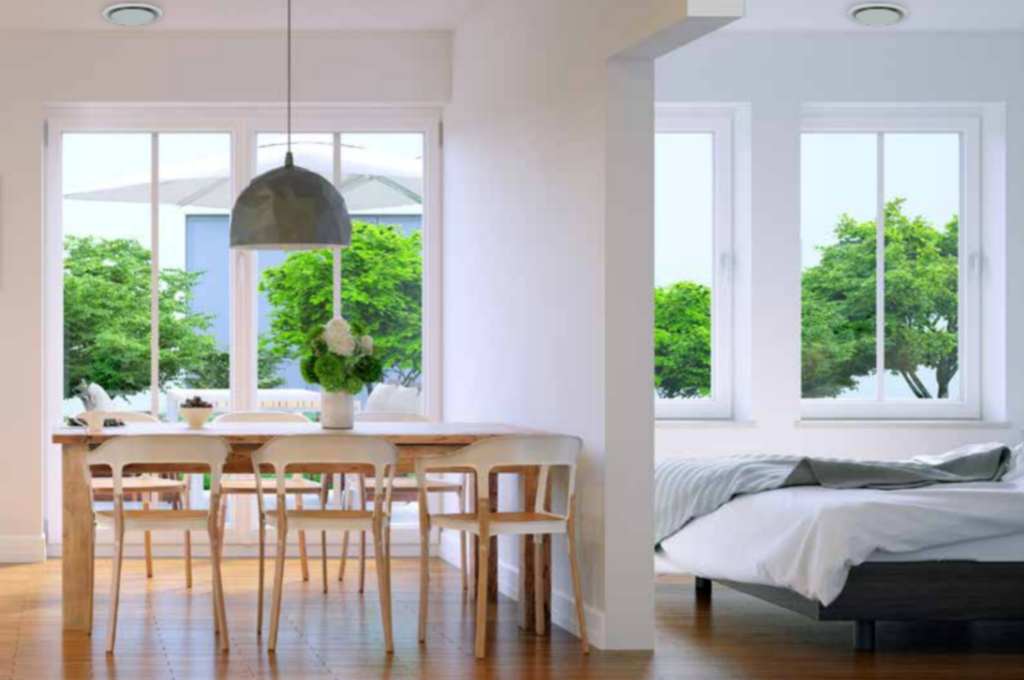
Heat pumps are becoming the most popular form of heating due to the fact they are more efficient long term for both cost
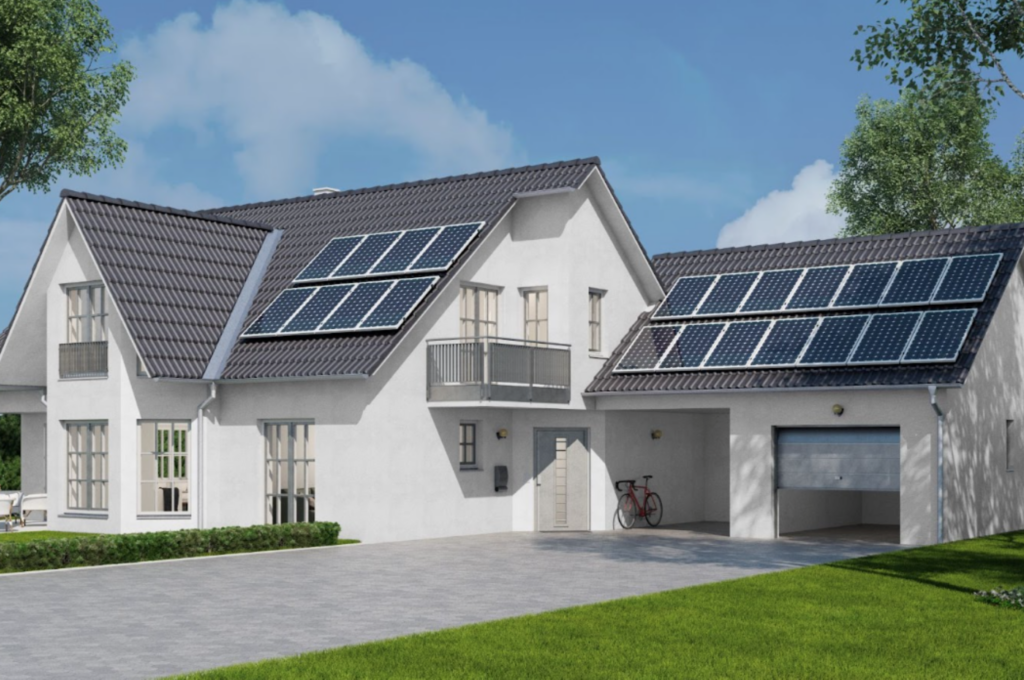
Are you looking to make some upgrades to your house before the winter hits? Or, are you simply planning for the next home
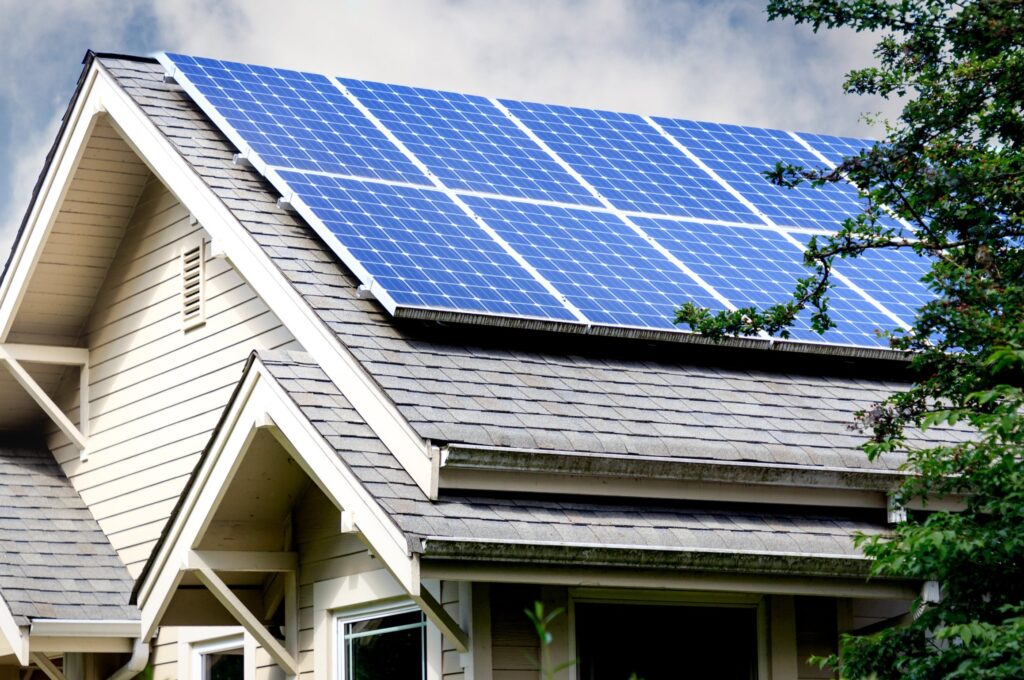
Solar power is derived naturally from the sun. This means the actual cost of your energy is $0. The only time you will
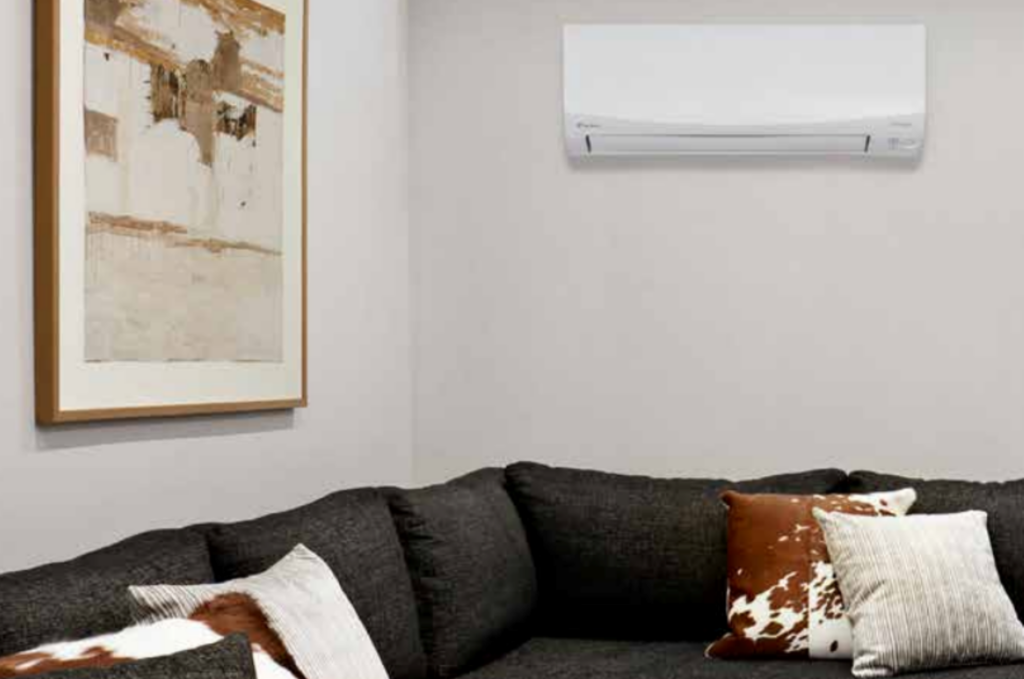
It’s important to note that the initial purchase price of a heat pump in New Zealand can be in the thousands, however, this

Ducted Heat Pumps Ducted heat pumps are cheaper to run than any other heating or cooling system. Now is the time to make
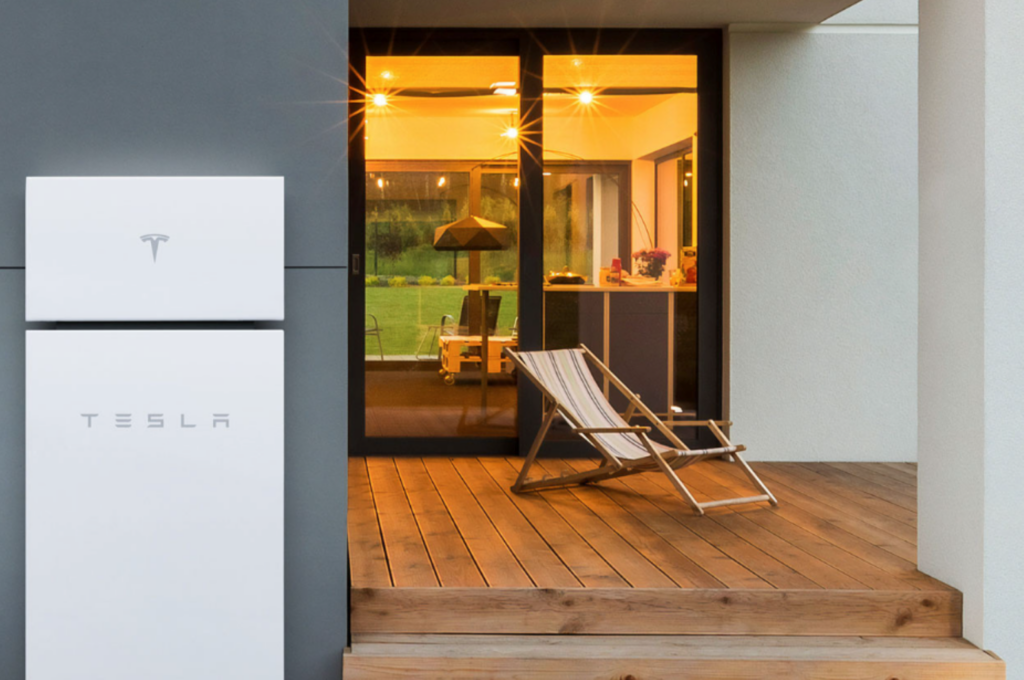
Be ahead of the sustainable energy solutions game with Tesla Powerwall. Future Energy has recently been announced as one of three certified installers
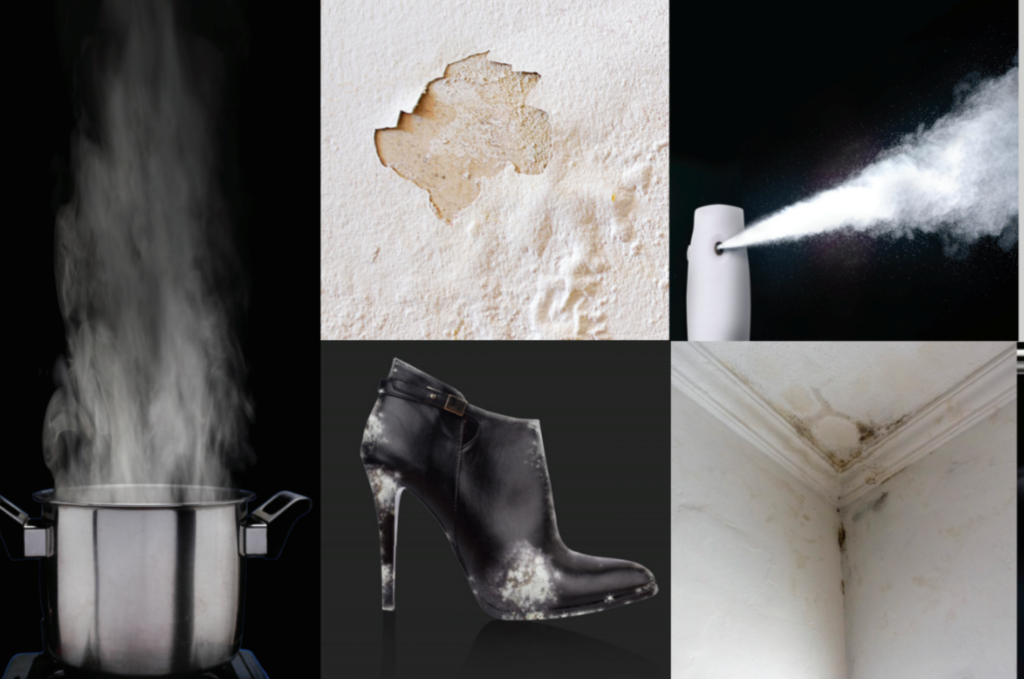
Heat recovery ventilation is a sustainable option as it can recover up to 90% of energy from the exhaust air exiting your home.
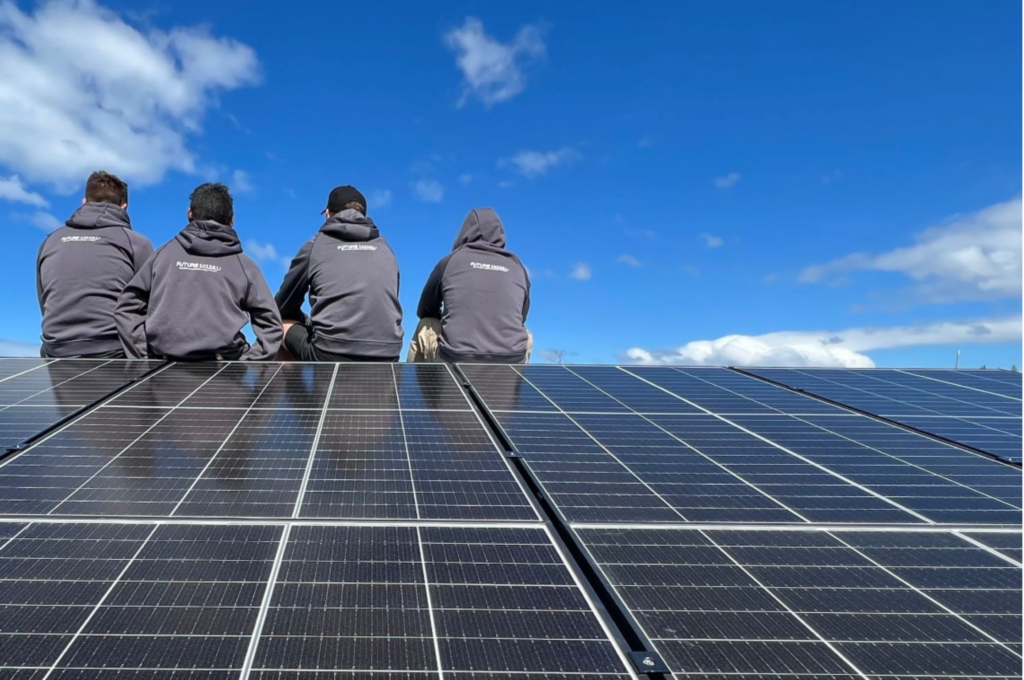
Solar panels are normally installed on people’s roofs. They capture light rays and convert the light into DC electricity. This is in turn

The benefits of Air Conditioning really are unbelievable at a first glance. The upfront cost of air conditioning may put some people off

How do you feel about moving towards electric vehicles? Ember Korowai Takitini is excited about moving towards an electrified fleet, we’re committed to
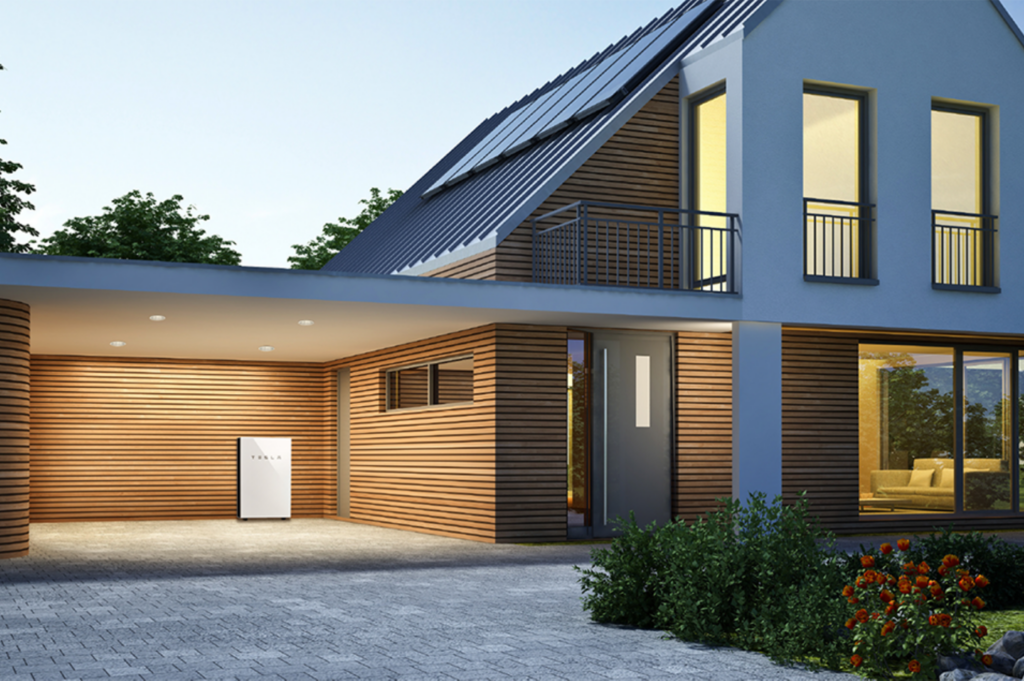
1. Energy Independence Solar batteries are an excellent solution for power outages as they can provide backup power to keep your essential appliances
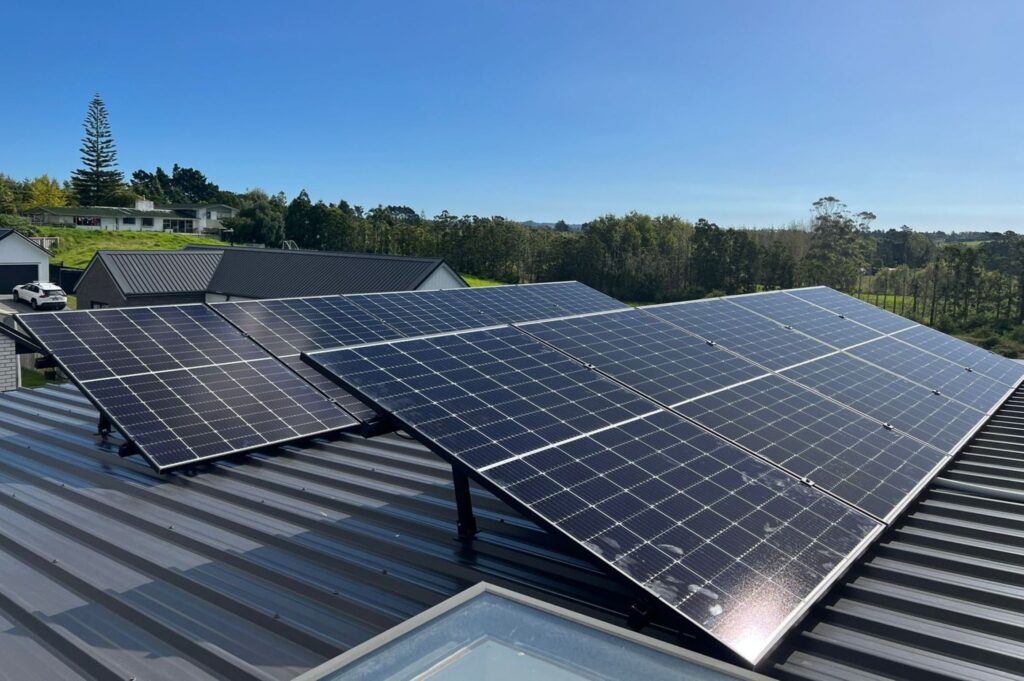
Whereas an off-grid solar system is a type of solar system that is not connected to the local power grid. It generates electricity
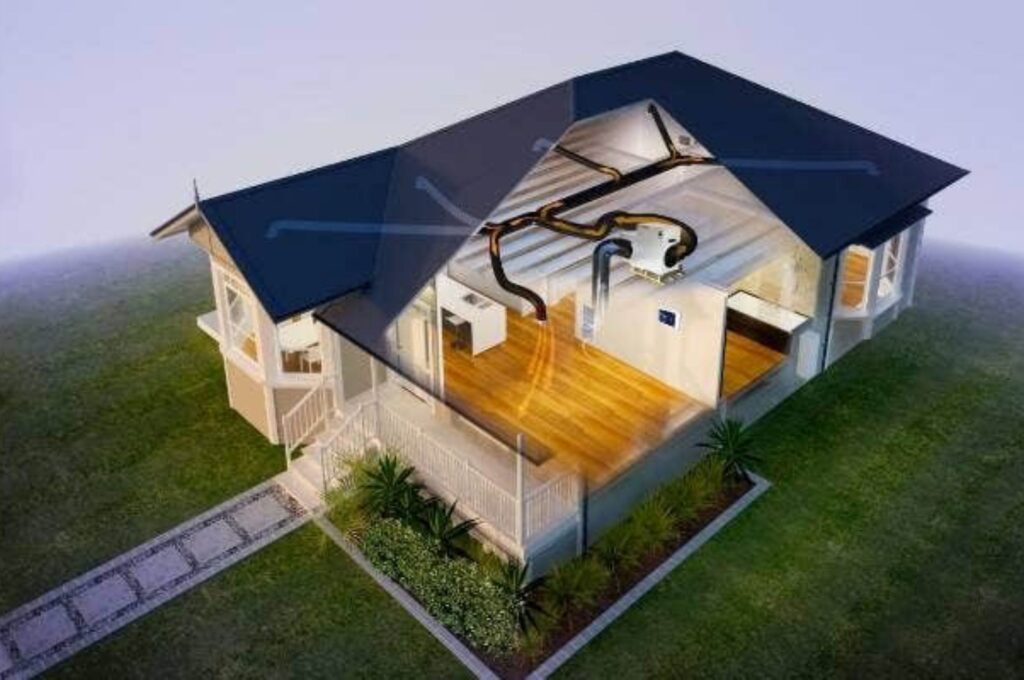
First things first, air conditioning is an all-in-one system that can cool, heat, dehumidify, and purify the air in your home. So,
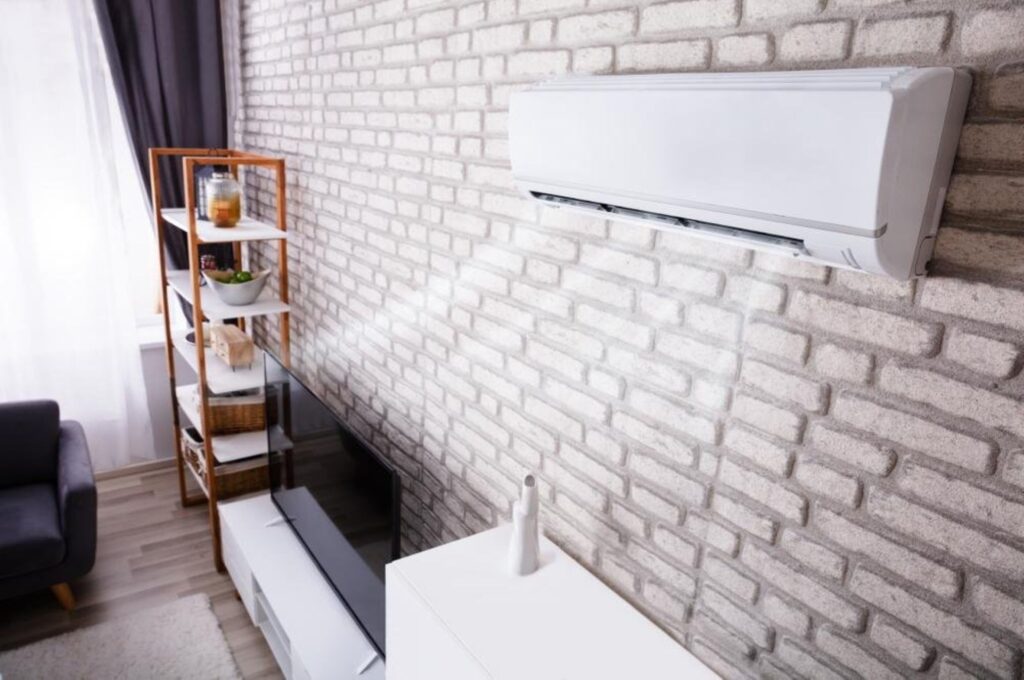
Perks of Heat Pumps: Installation Must-Haves: Maintenance Hacks: Heat pumps are the bee’s knees when it comes to cozy, efficient heating and
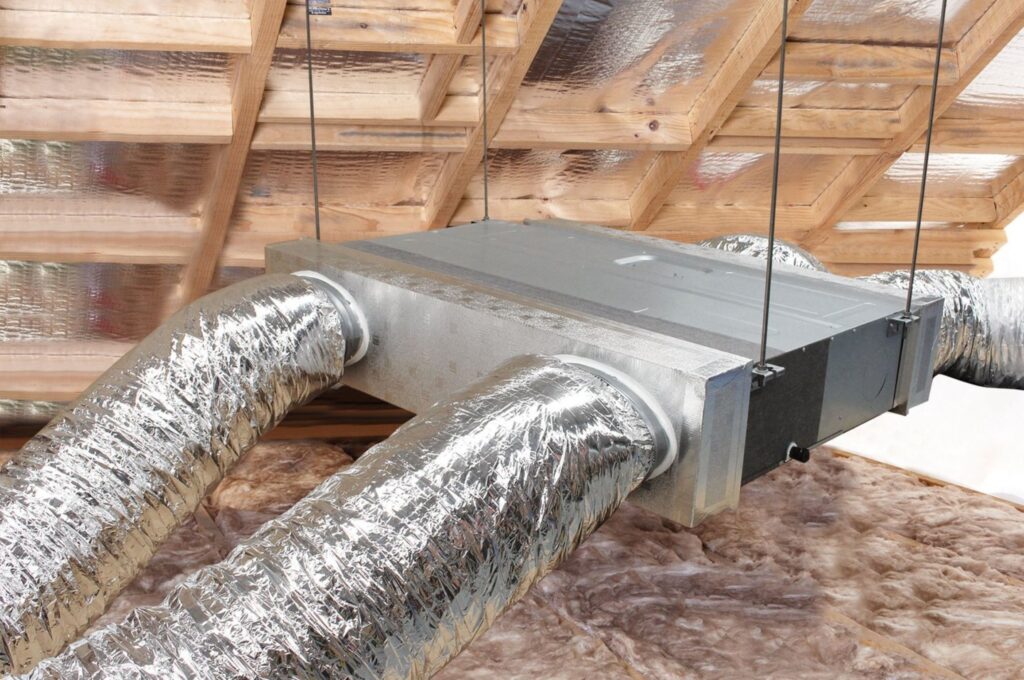
What’s a Ducted Heat Pump? Ducted heat pumps are versatile heating and cooling systems that transfer heat between your home and the outside
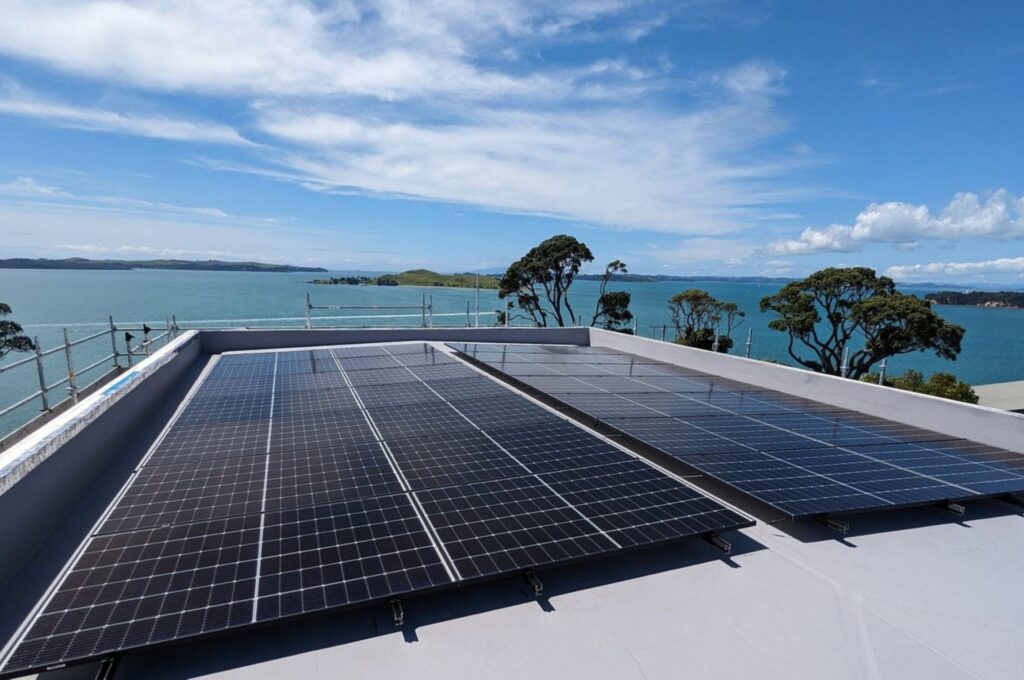
There are 3 types of solar systems, Grid Tied, Hybrid, and Off – Grid. 1. Grid tied solar systems are the most affordable
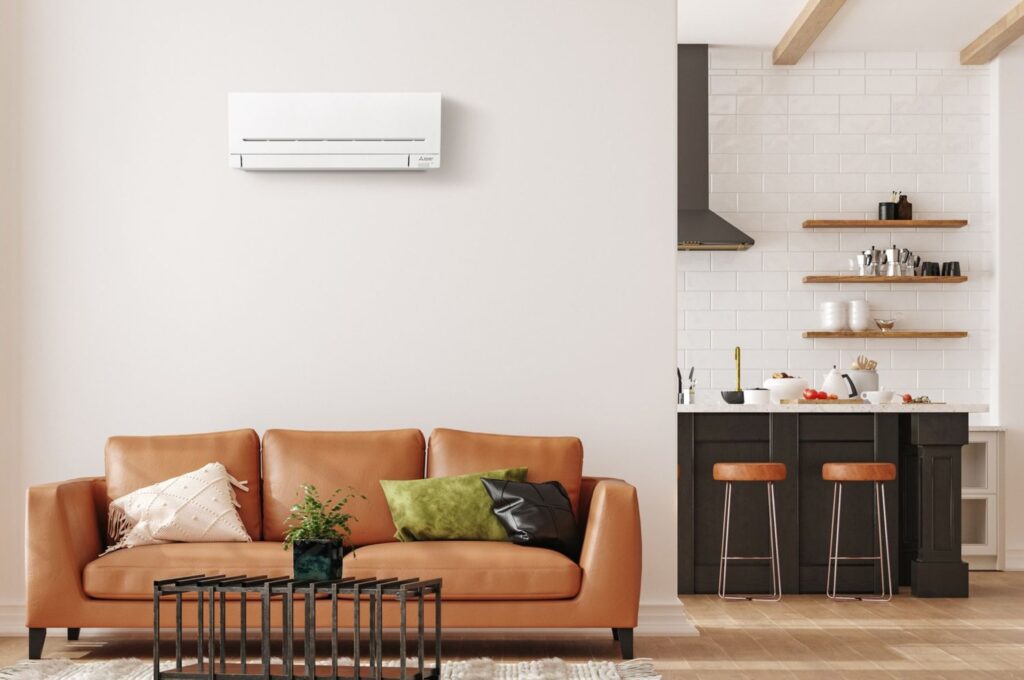
First up, efficiency: heat pumps excel without breaking the bank. They grab heat from the outdoors, even in freezing temps, and are eco-friendly,

The inception of Future Energy was driven by a singular passion: creating a better future and protecting our environment against climate change. This
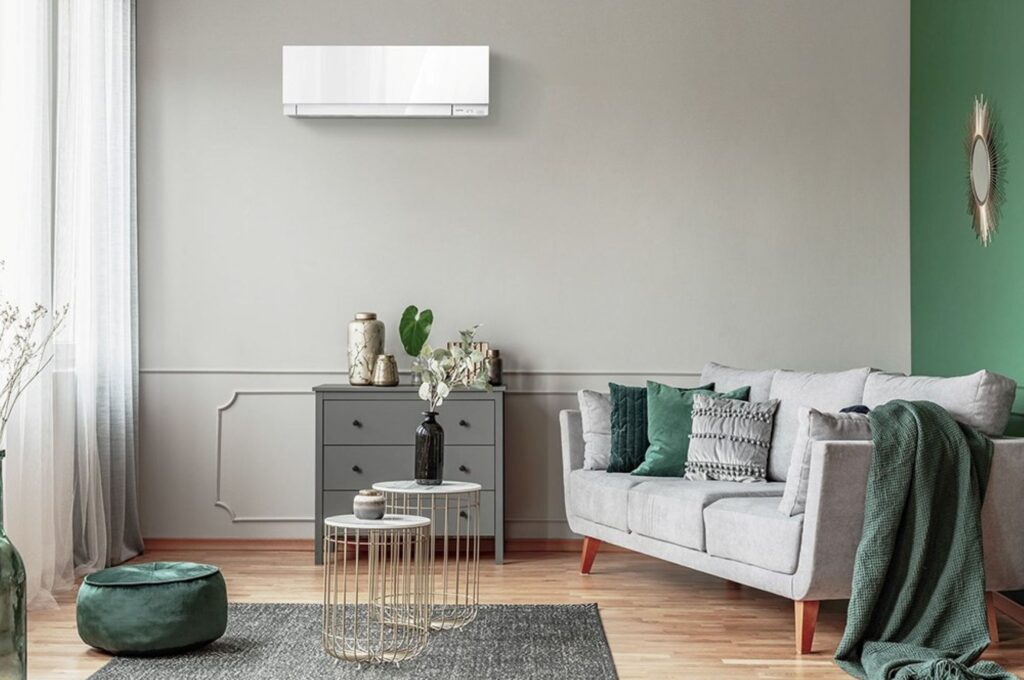
Monthly Inspection to Maintain your AC Unit for Peak Performance Using the Right Air Conditioner and Heat Pump Settings To cool your home

Zero Bills is made possible through the seamless integration of solar panels and battery storage, optimised by Octopus Energy. The next generation energy
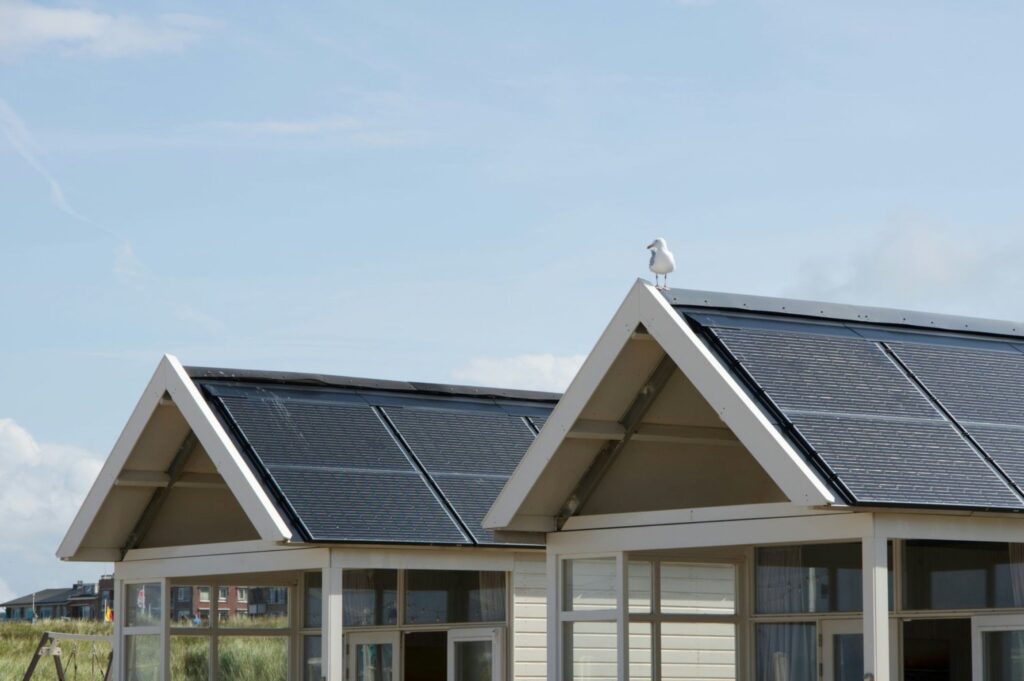
What Are Power Export Tariffs? A power export tariff is the price you receive when you send surplus electricity, generated by your solar

This year, we aimed to make our golf day bigger and better than ever before, and thanks to the generosity of our participants

New Zealand’s public charging network is growing rapidly, with stations conveniently located at supermarkets, malls, gyms, and every 75km along most state highways.






It’s a brand new year, so it’s out with the old and in with the new. Are you looking at reducing your carbon

Are you looking to make some upgrades to your house before the winter hits? Or, are you simply planning for the next home

Solar power is derived naturally from the sun. This means the actual cost of your energy is $0. The only time you will

Solar panels are normally installed on people’s roofs. They capture light rays and convert the light into DC electricity. This is in turn

1. Energy Independence Solar batteries are an excellent solution for power outages as they can provide backup power to keep your essential appliances

Whereas an off-grid solar system is a type of solar system that is not connected to the local power grid. It generates electricity

There are 3 types of solar systems, Grid Tied, Hybrid, and Off – Grid. 1. Grid tied solar systems are the most affordable

What Are Power Export Tariffs? A power export tariff is the price you receive when you send surplus electricity, generated by your solar

Understanding the benefits Bring your team on the journey Transitioning to electric vehicles isn’t just a technical shift – it’s a people focused

It’s a brand new year, so it’s out with the old and in with the new. Are you looking at reducing your carbon

Ducted Heat Pumps Ducted heat pumps are cheaper to run than any other heating or cooling system. Now is the time to make

Be ahead of the sustainable energy solutions game with Tesla Powerwall. Future Energy has recently been announced as one of three certified installers

How do you feel about moving towards electric vehicles? Ember Korowai Takitini is excited about moving towards an electrified fleet, we’re committed to

New Zealand’s public charging network is growing rapidly, with stations conveniently located at supermarkets, malls, gyms, and every 75km along most state highways.


Home Ventilation System Home ventilation systems are purposefully designed to improve air quality and enable a healthy home environment. A high quality home

A high wall air conditioning system is useful to cool down specific areas of your home without having a huge negative impact on

It’s a brand new year, so it’s out with the old and in with the new. Are you looking at reducing your carbon

Heat pumps are becoming the most popular form of heating due to the fact they are more efficient long term for both cost

Are you looking to make some upgrades to your house before the winter hits? Or, are you simply planning for the next home

It’s important to note that the initial purchase price of a heat pump in New Zealand can be in the thousands, however, this

Ducted Heat Pumps Ducted heat pumps are cheaper to run than any other heating or cooling system. Now is the time to make

Heat recovery ventilation is a sustainable option as it can recover up to 90% of energy from the exhaust air exiting your home.

The benefits of Air Conditioning really are unbelievable at a first glance. The upfront cost of air conditioning may put some people off

First things first, air conditioning is an all-in-one system that can cool, heat, dehumidify, and purify the air in your home. So,

Perks of Heat Pumps: Installation Must-Haves: Maintenance Hacks: Heat pumps are the bee’s knees when it comes to cozy, efficient heating and

What’s a Ducted Heat Pump? Ducted heat pumps are versatile heating and cooling systems that transfer heat between your home and the outside

First up, efficiency: heat pumps excel without breaking the bank. They grab heat from the outdoors, even in freezing temps, and are eco-friendly,

Monthly Inspection to Maintain your AC Unit for Peak Performance Using the Right Air Conditioner and Heat Pump Settings To cool your home

What Makes Hot Water Heat Pumps So Efficient? Hot water heat pumps are one of the most energy efficient ways to heat water.

It’s a brand new year, so it’s out with the old and in with the new. Are you looking at reducing your carbon




As Future Energy continues to grow and expand our services across Aotearoa, connecting with the communities we serve has never been more important.

It’s a brand new year, so it’s out with the old and in with the new. Are you looking at reducing your carbon

Be ahead of the sustainable energy solutions game with Tesla Powerwall. Future Energy has recently been announced as one of three certified installers

The inception of Future Energy was driven by a singular passion: creating a better future and protecting our environment against climate change. This

Zero Bills is made possible through the seamless integration of solar panels and battery storage, optimised by Octopus Energy. The next generation energy

This year, we aimed to make our golf day bigger and better than ever before, and thanks to the generosity of our participants



Ducted Heat Pumps Ducted heat pumps are cheaper to run than any other heating or cooling system. Now is the time to make

Be ahead of the sustainable energy solutions game with Tesla Powerwall. Future Energy has recently been announced as one of three certified installers

Zero Bills is made possible through the seamless integration of solar panels and battery storage, optimised by Octopus Energy. The next generation energy

This year, we aimed to make our golf day bigger and better than ever before, and thanks to the generosity of our participants